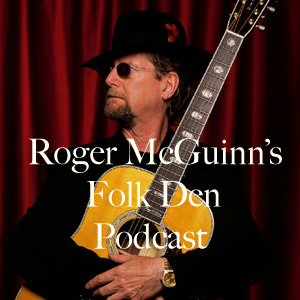
I [Gm] think I see my [F] father coming, [Eb] riding many a [F] mile
Oh [Gm] Father did you bring me [F] silver, [Eb] did you bring me [F] gold
Or [Gm] did you come for to [F] see me hang, [Eb] hang from the gallows [F] pole?
[Gm] Hang from the [F] gallows [Gm] pole
No, I [Gm] didn’t bring you [F] silver, I [Eb] didn’t bring you [F] gold
And [Gm] I have come for to [F] see you hang, [Eb] hang from the gallows [D7] pole
[Gm] Hang from the [F] gallows [Gm] pole
Oh hangman hangman slack your rope, slack it for a while
I think I see my mother coming, riding many a mile
Oh Mother did you bring me silver, Mother did you bring me gold
Or did you come to see me hang, hang from the gallows pole?
Hang from the gallows pole
No, I didn’t bring you silver, I didn’t bring you gold
And I have come for to see you hang, hang from the gallows pole
Hang from the gallows pole
Oh hangman hangman slack your rope, slack it for a while
I think I see my brother coming, riding many a mile
Oh Brother did you bring me silver, Brother did you bring me gold
Or did you come for to see me hang, hang from the gallows pole?
Hang from the gallows pole
No, I didn’t bring you silver, I didn’t bring you gold
And I have come for to see you hang, hang from the gallows pole
Hang from the gallows pole
Oh hangman hangman slack your rope, slack it for a while
I think I see my true love coming, riding many a mile
True love did you bring me silver, true love did you bring me gold
Or did you come for to see me hang, hang from the gallows pole?
Hang from the gallows pole
Yes, I have brought you silver, and I have brought you gold
I did no t come for to see you hang, hang from the gallows pole
Hang from the gallows pole






